The Vietnam Valves 2025 Scientific Conference is organized by the University of Medicine and Pharmacy Hospital in Ho Chi Minh City in collaboration with the Vietnam Association of Thoracic and Cardiovascular Surgery, the Vietnam National Association of Cardiology and Yonsei University (Korea). This is the first scientific event in Vietnam specializing in the technique of transcatheter aortic valve replacement (TAVI) - one of the most modern treatment methods in the field of interventional cardiology.
The conference brought together more than 500 leading domestic and foreign experts, providing important scientific updates to the heart valve disease treatment system in Vietnam.
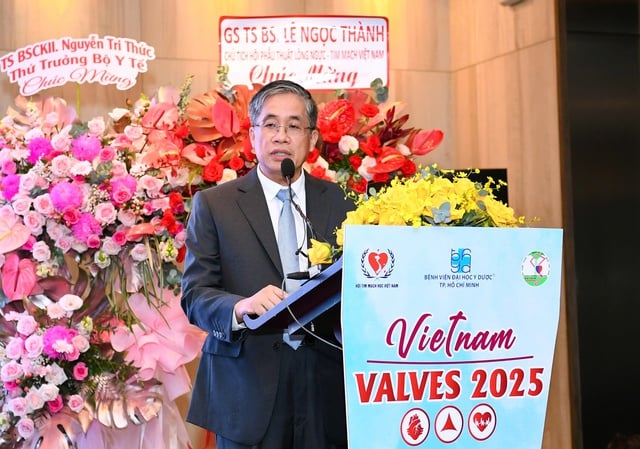
Associate Professor - Doctor - Doctor Nguyen Hoang Bac - Director of University of Medicine and Pharmacy Hospital, Ho Chi Minh City - Chairman of Vietnam Valve 2025 Conference delivered the opening speech of the conference.
Photo: MT
Speaking at the opening ceremony, Associate Professor - Doctor - Doctor Nguyen Hoang Bac, Director of Ho Chi Minh City University of Medicine and Pharmacy Hospital, Chairman of Vietnam Valves 2025 Conference, emphasized: "The success of Vietnam Valves 2025 comes not only from the scale of organization or scientific quality, but also from the spirit of willingness to share, learn and build a common direction among specialties. We believe that the consensus formed at this conference will be the foundation for a more modern, safe and effective treatment roadmap for heart valve disease for Vietnamese patients. I hope Vietnam Valves will become an annual academic forum, contributing to making TAVI an essential part of the modern treatment system, while affirming Vietnam's pioneering role in the region".
Attending the opening ceremony, Dr. Nguyen Tri Thuc, Deputy Minister of Health , highly appreciated the content and academic spirit of the conference: "The conference gathered almost all the leading cardiovascular experts in the country. The Ministry of Health will absorb and coordinate with specialized associations to include it in the national standardized treatment regimen."
Mr. Thuc also expressed his hope that the conference will be the foundation for building advanced clinical guidelines that are suitable for practice and bring optimal treatment results for cardiovascular patients in Vietnam.
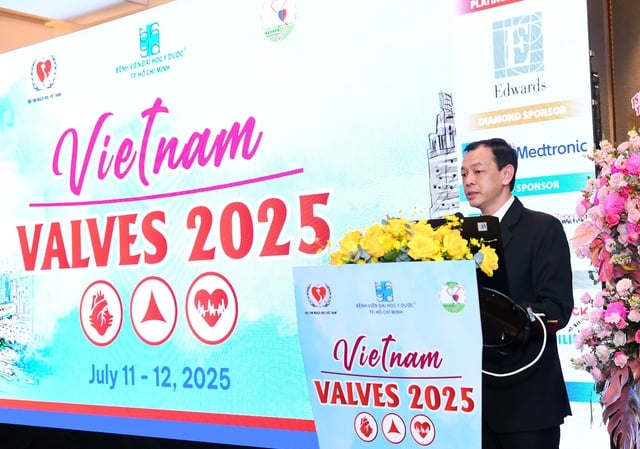
Dr. Nguyen Tri Thuc - Deputy Minister of Health - speaking at the conference
Photo: MT
Associate Professor - Doctor - Doctor Nguyen Hoang Dinh - Deputy Director of University of Medicine and Pharmacy Hospital, Ho Chi Minh City, shared: "Vietnam Valves 2025 is a clear demonstration of the capacity to organize, connect and lead the academics of Vietnamese cardiovascular medicine. Not only stopping at updating knowledge, the conference has laid the foundation for the formation of the first national practice guidelines for the TAVI technique, creating the premise for a more systematic and safe implementation at cardiovascular centers across the country".
In the context that TAVI is gradually becoming the new standard of treatment for patients with aortic valve stenosis at high surgical risk, and is being expanded to include both intermediate and low risk groups, Vietnam still lacks a set of standardized professional guidelines and treatment consensus nationwide. TAVI is currently only implemented in some tertiary hospitals, not yet popular in provincial medical facilities, and patient selection, treatment effectiveness assessment or complication management are still inconsistent among units. The Vietnam Valves 2025 Conference has made an important contribution to addressing this professional gap.
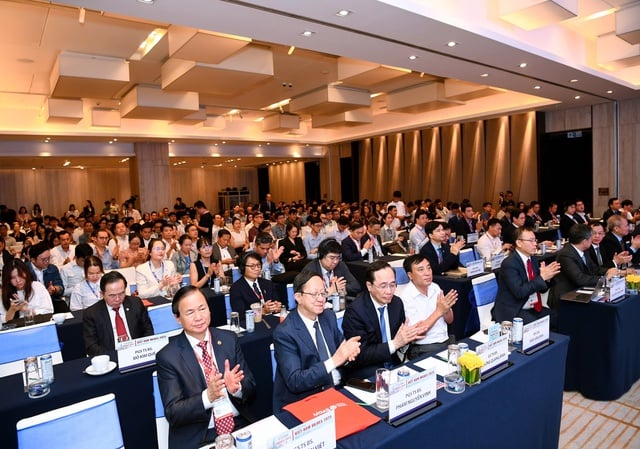
The conference attracted more than 500 cardiovascular experts nationwide to attend.
Photo: MT
Many outstanding contents were presented and discussed in depth, including new advances in bioprosthetic valve design, strategies for optimizing the valve placement process, methods for preventing and managing complications such as paravalvular leakage, stuck valves, or repositioning valves on old bioprosthetic valves. In particular, recent international studies have demonstrated that TAVI is not only suitable for high-risk patients but is gradually becoming the preferred choice for young, low-risk patients, opening up the possibility of wider application in clinical practice in Vietnam.
Source: https://thanhnien.vn/vietnam-valves-2025-nen-mong-cho-lo-trinh-dieu-tri-benh-van-tim-hien-dai-185250711203502501.htm


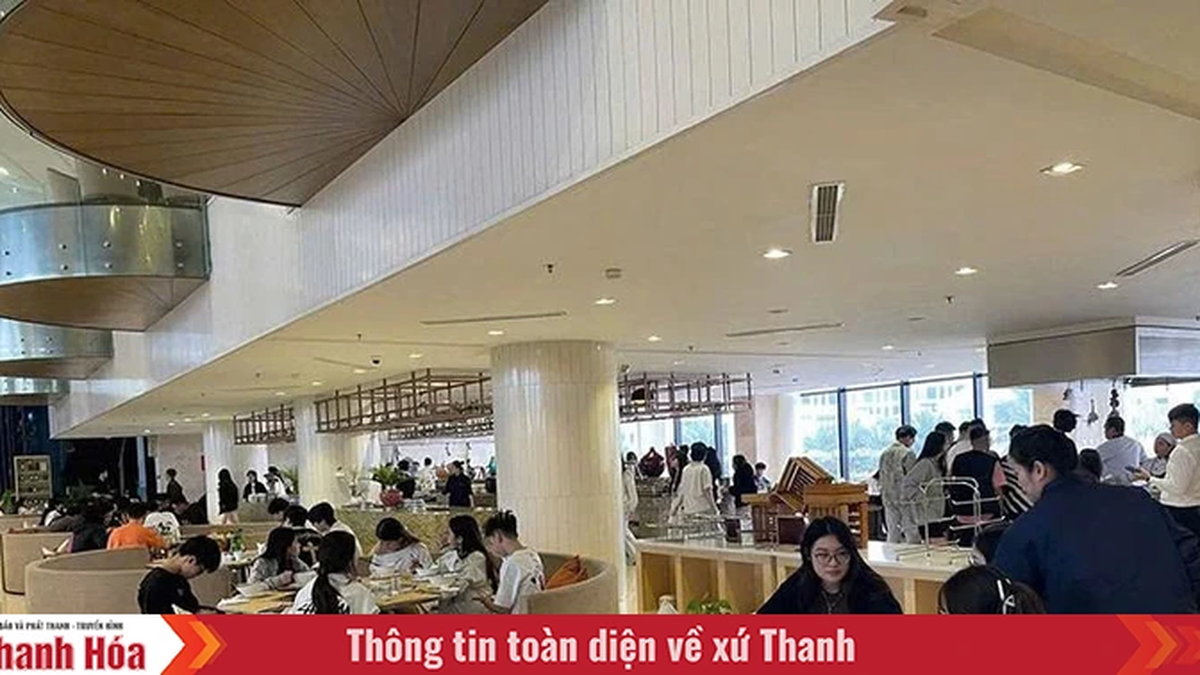


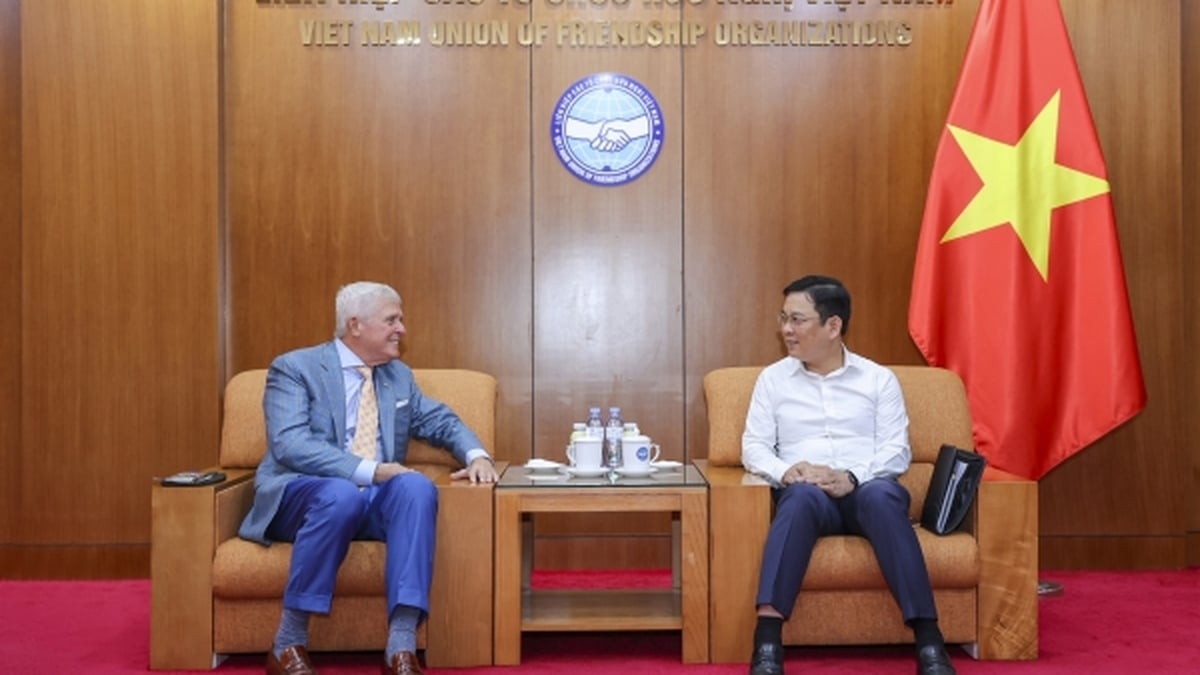
















![[Photo] Gia Lai provincial leaders offer flowers at Uncle Ho's Monument with the ethnic groups of the Central Highlands](https://vphoto.vietnam.vn/thumb/1200x675/vietnam/resource/IMAGE/2025/7/9/196438801da24b3cb6158d0501984818)












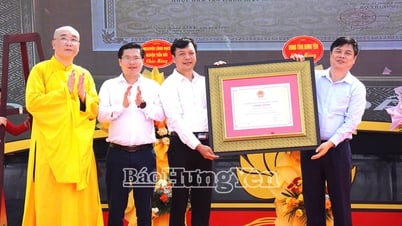









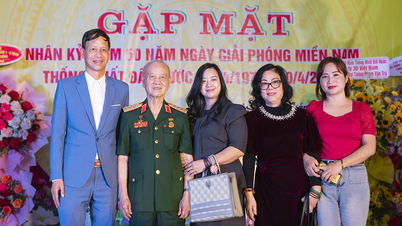

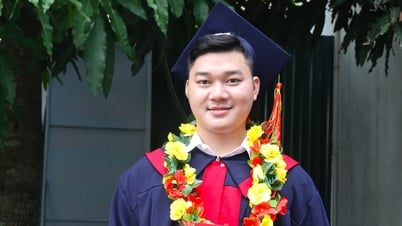










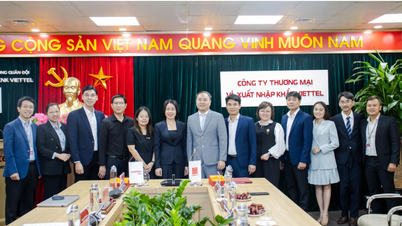
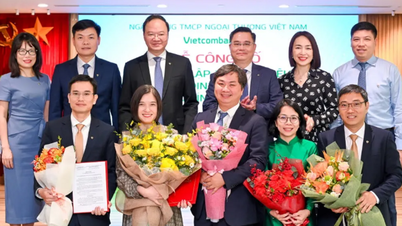

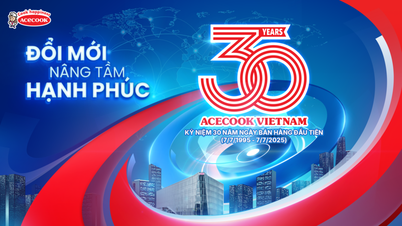





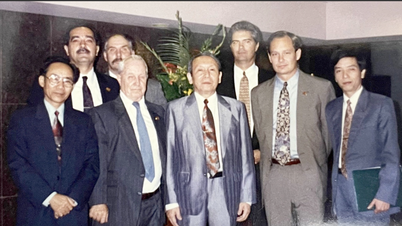


























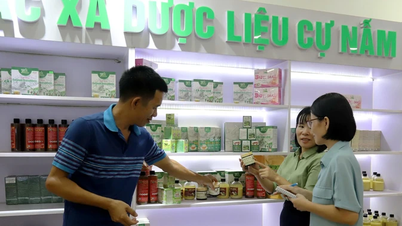





Comment (0)